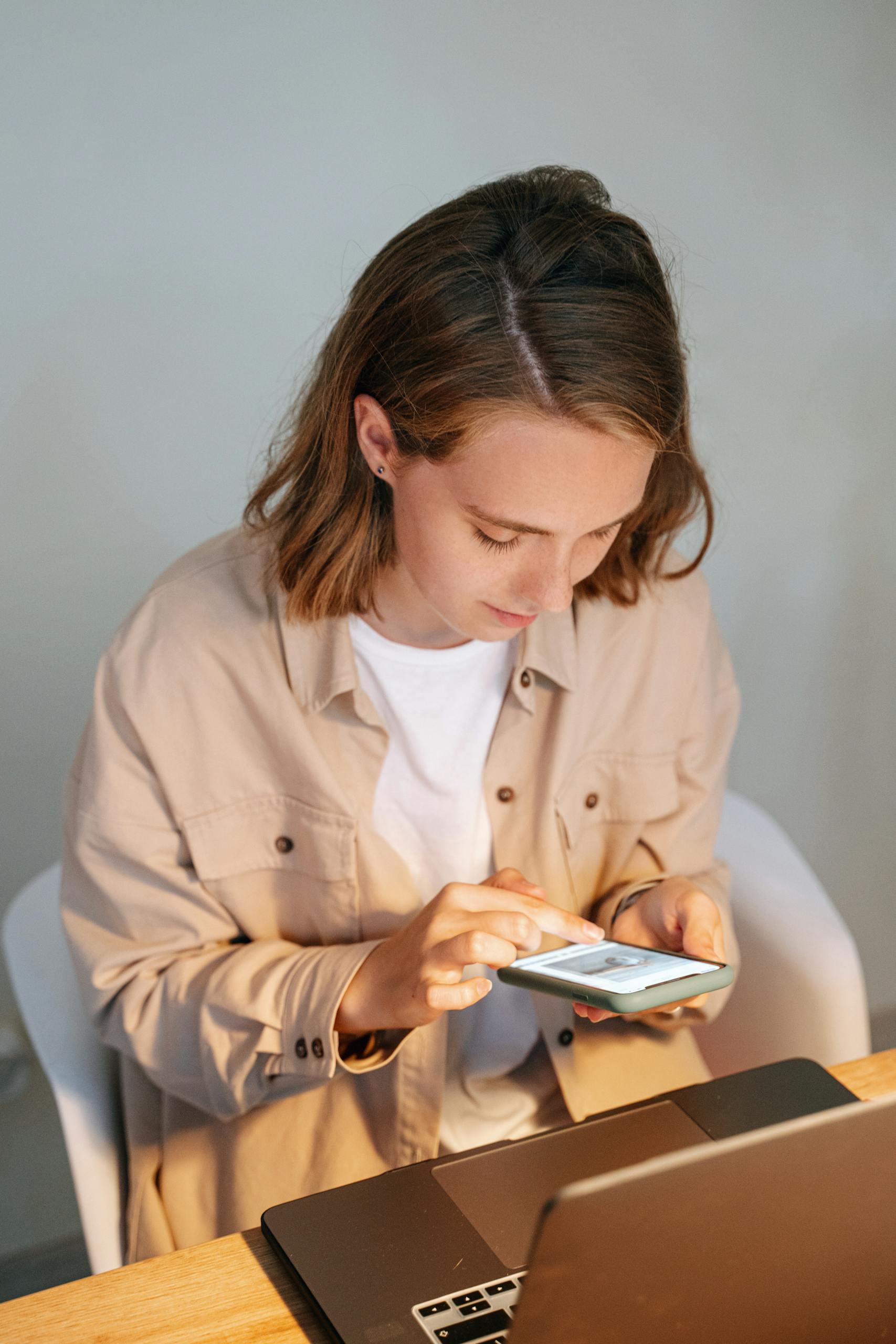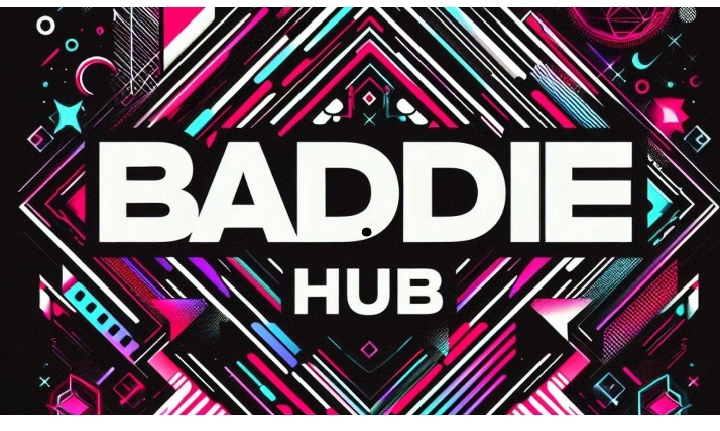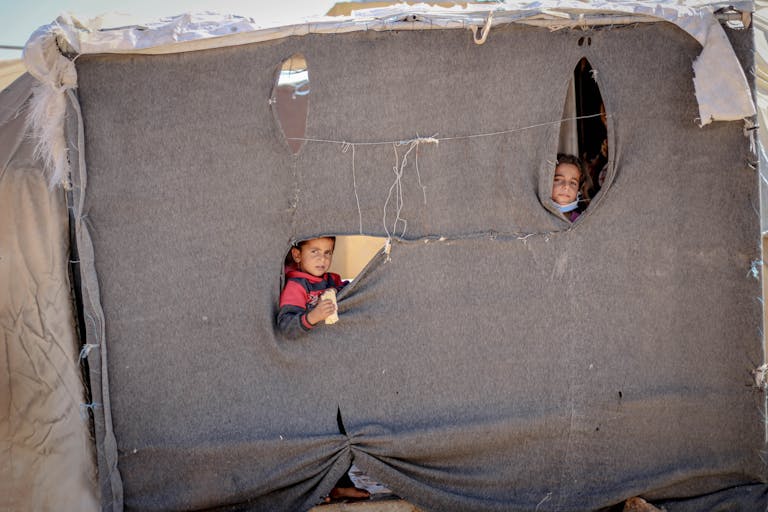Introduction: Unraveling the Mystery – Are Zombies Real?
In a world obsessed with the undead, the burning question persists: are zombies real ? From ancient folklore to modern blockbusters, the idea of reanimated corpses shambling through our streets has captivated humanity. But beneath the gore and groans lies a deeper inquiry into science, history, and human fear. This ultimate guide dives deep, separating fact from fiction to answer once and for all if zombies are more than just Hollywood’s favorite monster.
Exploring whether zombies are real requires us to trace their origins. Ancient myths from Haitian voodoo to European plagues paint pictures of the walking dead, but are these tales grounded in reality? As we dissect cultural impacts and scientific possibilities, you’ll discover why the debate rages on. Buckle up for a journey through the eerie and the empirical.
Ultimately, pondering whether zombies are real isn’t just entertainment—it’s a mirror to our societal anxieties. With rising interest in pandemics and survivalism, this topic feels more relevant than ever. Join us as we uncover truths that might just keep you up at night, questioning every shadow.
Read More :https://thebaddieshub.com/revolutionary-guide-to-legal-free-mp4-movie-streaming-2025-in-hindi/
Historical Roots: Where Did the Zombie Myth Begin – Are Zombies Real in Folklore?
The zombie legend traces back centuries, prompting endless speculation: are zombies real in ancient tales? Haitian Vodou rituals in the 17th century introduced the bokor, a sorcerer who could supposedly raise the dead as mindless slaves. These zombies weren’t the brain-eating fiends we know today but tragic figures stripped of free will, embodying fears of colonial oppression and loss of agency.
Delving deeper, European folklore from the Middle Ages echoes similar horrors. Tales of draugr in Norse sagas or revenants in Slavic lore describe corpses returning to torment the living, often linked to improper burials or curses. Historians argue these stories arose from real events like the Black Death, where mass graves and hallucinations from ergot poisoning fueled beliefs in the undead. So, are zombies real when viewed through this lens of historical trauma?
As globalization spread these narratives, the 20th century saw zombies evolve via American pop culture, influenced by William Seabrook’s 1929 book The Magic Island. This fusion of African and Caribbean elements with Western sensationalism birthed the modern zombie, but it begs the question: are zombies real, or merely a cultural mash-up born from fear?
Scientific Perspective: Can Biology Prove Are Zombies Real?
Science offers a skeptical yet fascinating take on whether zombies are real. Neuroscientists point to real-world conditions mimicking zombie-like states, such as rabies, which causes aggression, hydrophobia, and a shuffling gait—eerily similar to undead tropes. Could a mutated virus turn humans into mindless hordes? Experts say no, as our immune systems and brain complexity make total reanimation impossible.
Genetics and parasitology add intrigue. The toxoplasma gondii parasite controls rat behavior, making them fearless around cats. Scaled up, could something hijack human neurology? Studies on prions, like those causing mad cow disease, show proteins folding wrongly to spread brain decay, leading to erratic behavior. Yet, even these don’t equate to immortality; decomposition halts any “rising.” So, are zombies real in a biological sense, or just exaggerated pathology?
Emerging biotech raises ethical red flags. CRISPR gene editing could theoretically create resilient organisms, but ethicists warn against playing god. As of 2025, no lab has engineered a zombie virus—thankfully. This scientific scrutiny reinforces that while inspired by nature, zombies remain firmly in fantasy, urging us to confront real threats like pandemics instead.
Pop Culture Explosion: How Movies Made Us Wonder Are Zombies Real
Hollywood has supercharged the zombie craze, making millions ask: are zombies real after binge-watching The Walking Dead? George A. Romero’s 1968 Night of the Living Dead redefined zombies as societal metaphors for racism and consumerism, spawning a genre worth billions. From slow shamblers to sprinting infected in 28 Days Later, films blend horror with commentary, blurring lines between screen and reality.
TV and games amplify this. The Last of Us video game, adapted into a hit HBO series, draws from cordyceps fungi that zombifies ants—prompting real debates on fungal apocalypses. With over 500 zombie films by 2025, pop culture isn’t just entertaining; it’s educating on survival, ethics, and human nature. But does this immersion make us believe zombies are real?
Streaming platforms like Netflix fuel endless marathons, with shows like Black Summer exploring maternal instincts amid undead chaos. Critics argue this saturation desensitizes us to real horrors like climate disasters, yet it unites fans globally. In essence, while zombies aren’t real, their cultural dominance ensures the question endures, shaping how we process fear in an uncertain world.
Real Life Zombies Diseases That Mimic the Undead Are Zombies Real in Medicine?
Certain illnesses eerily echo zombie lore, leading many to ponder: are zombies real through medical anomalies? African sleeping sickness, caused by trypanosomes, induces lethargy, confusion, and eventual coma—victims appearing as if “dead” yet mobile. In remote villages, misdiagnoses once sparked undead rumors, highlighting how disease myths persist.
Prion diseases like Creutzfeldt-Jakob offer another parallel. Rapid neurodegeneration causes tremors, memory loss, and violent outbursts, with patients described as “walking corpses.” Though fatal within months, these cases fuel conspiracy theories about government-engineered outbreaks. Science debunks full zombification, but the symptoms are a stark reminder of vulnerability.
Modern pharmacology adds twists. Zombie drugs like flakka induce cannibalistic rages, as seen in 2010s news clips of “bath salt zombies.” Combined with opioids, they create dissociated states mimicking possession. While not true reanimation, these epidemics underscore that the scariest zombies might be human-made, not supernatural—proving nature and nurture can conjure horrors without magic.
Survival Tips: Preparing If Zombies Were Real – But Are They?
Even if zombies aren’t real, prepping sharpens skills for any crisis. Stock non-perishables, water purifiers, and a go-bag—essentials for floods or blackouts too. Fortify your home with barricades and alarms; remember, noise attracts trouble in fiction and fact. Community matters: form networks for shared resources, as isolation dooms in World War Z.
Weapons choice is key. Blunt objects like bats outperform guns for quiet kills, conserving ammo. Learn basic first aid—stitches and antibiotics combat infections better than any bite cure. Fitness regimes build endurance; run drills to outpace hypothetical hordes. Though fun, this mindset fosters resilience against real threats like economic collapse.
Psychological prep is crucial. Meditation curbs panic, while role-playing scenarios builds confidence. Books like The Zombie Survival Guide by Max Brooks blend humor with practicality, reminding us that questioning zombies really sparks proactive living. In a volatile 2025, these habits ensure you’re ready, undead or not.
Debunking Myths: Common Misconceptions About Whether Zombies Are Real

One persistent myth: zombies crave brains specifically. Actually, folklore versions hunger for salt or life force, while films vary—Shaun of the Dead opts for comedy over gore. This brain fixation stems from Romero’s influence, but science says no virus targets intellect alone. So, are zombies real enough to debunk such tropes?
Another fallacy: headshots always work. Decomposition weakens structures, but in reality, blunt trauma varies by angle. Parasite parallels like cordyceps show hosts retain some autonomy, not total shambling. Pop culture oversimplifies; experts note real “zombies” like narcoleptic patients exhibit controlled behaviors.
Fire as a cure? Effective in theory, but risky—spreading flames could worsen outbreaks. Myths persist via memes and TikToks, yet grounding in facts reveals zombies as metaphors for loss of control. By dismantling these, we appreciate the question are zombies real as a gateway to critical thinking.
The Future of Zombie Lore: Predictions on If Zombies Become Real
As AI and biotech advance, could zombies become real by 2050? Synthetic biology might engineer resilient pathogens, but global surveillance like WHO’s pandemic treaty aims to prevent. Climate change thaws permafrost viruses—ancient bugs that could mimic rabies on steroids.
Virtual reality evolves the genre. Meta’s zombie sims immerse users, blurring simulation and reality, potentially causing “zombie fatigue.” Yet, positive spins emerge: eco-zombies in Sweet Home symbolize environmental revenge, inspiring activism.
Optimists see zombies as extinct tropes, replaced by AI horrors. Pessimists warn of lab leaks, echoing COVID origins debates. Regardless, pondering whether zombies really evolve with tech, ensuring the undead remain a mirror to our innovations—and follies.
Ethical Dilemmas: What If Zombies Were Real—Humanity’s Response?
Facing a zombie apocalypse tests morals: do we quarantine or cure? Utilitarianism might justify euthanizing infected, but deontologists argue for dignity. Historical parallels like leprosy colonies show isolation’s cruelty, raising: are zombies real enough to demand compassionate protocols?
Resource allocation intensifies divides. Elites hoard vaccines while masses fend off hordes, mirroring inequality critiques in Train to Busan. Bioethics boards debate editing “zombie genes,” but consent issues loom—who decides humanity’s rewrite?
Rebuilding post-outbreak poses reconstruction puzzles. Forgiveness for survivors who turned? Legal frameworks for “cured” zombies? These hypotheticals sharpen real-world ethics, from AI rights to refugee crises, proving the undead query fosters deeper societal reflection.
Zombie Economics: The Booming Industry Proving They’re Not Real—Yet Profitable
Zombies drive a $10B industry by 2025, from merch to escape rooms—ironic for fictional beings. Comic-Con panels on are zombies real pack halls, boosting tourism. Licensing deals with Resident Evil games rake millions, sustaining studios.
Marketing leverages fear: energy drinks promise “zombie-proof stamina.” Stockpiling trends spike sales of generators and canned goods, per Amazon data. This economy thrives on myth, employing writers, VFX artists, and cosplayers worldwide.
Sustainability questions arise—fast fashion zombie tees contribute to waste. Yet, it funds charities like zombie walks for Alzheimer’s awareness. Ultimately, while zombies aren’t real, their fiscal footprint is tangible, turning terror into treasure.
Global Variations: How Cultures View If Zombies Are Real
In Japan, onryo ghosts parallel zombies as vengeful spirits, less about decay than unresolved grudges. Anime like Highschool of the Dead fuses them with schoolgirl tropes, pondering whether zombies are real amid kaiju threats.
Mexican Día de los Muertos celebrates ancestors, flipping undead horror into festivity—skeletons dance, not devour. This contrasts Haitian zombie slavery fears, showing cultural lenses shape the myth.
African folklore’s asanbosam vampires share bloodlust, while Indian vetalas possess corpses for riddles. These variants highlight universality: everywhere, zombies symbolize death’s defiance, adapted locally yet globally resonant.
Psychological Impact: Why We Obsess Over Are Zombies Real
The allure stems from catharsis—zombies let us confront mortality safely. Freudian theory sees them as repressed id, devouring civilization’s superego. Post-9/11, surges in zombie media reflected trauma processing.
Socially, they bond us. Fan theories on Reddit dissect Left 4 Dead lore, building communities. Therapists note obsession aids anxiety management, visualizing worst-cases to diminish fears.
Neurologically, mirror neurons fire during horror, releasing endorphins—like a thrill ride. This addiction explains why, despite knowing zombies aren’t real, we crave more, using fiction to fortify psyches.
Tech and Zombies: VR Worlds Where They Feel Real
Augmented reality apps overlay zombies on streets, gamifying commutes—Pokémon GO’s undead cousin. By 2025, Apple’s Vision Pro hosts full sims, querying real zombies in immersive dread.
AI chatbots role-play outbreaks, training emergency responses. Deepfakes of celebrity zombies go viral, eroding trust in media—remember that Obama “bite” hoax?
Blockchain NFTs of zombie art democratize ownership, but hacks mimic digital apocalypses. Tech amplifies the myth, making virtual zombies as “real” as algorithms allow, reshaping entertainment’s boundaries.
Environmental Ties: Could Climate Change Make Zombies Real?

Thawing tundra releases megafauna pathogens, potentially zombifying wildlife—rabid caribou herds already roam Alaska. Ocean acidification spawns jellyfish blooms, evoking slimy hordes.
Deforestation drives zoonotics; bats to humans birthed Ebola, a zombie precursor. Eco-activists use undead metaphors for biodiversity loss—The Bay film’s polluted mutants warn of hubris.
Mitigation? Reforestation and carbon capture. If zombies symbolize imbalance, addressing climate ensures they stay fictional, urging action over apocalypse.
Conclusion: Final Verdict on Are Zombies Real
After dissecting history, science, and culture, the answer crystallizes: zombies aren’t real, but their shadow looms large. They embody our primal dreads, from disease to decay, making the question timeless.
Yet, in asking are zombies real, we gain tools for reality—prep, ethics, unity. Embrace the fiction; let it inspire vigilance against true monsters like inequality.
As 2025 unfolds, may this guide arm you with knowledge, turning curiosity into empowerment. The undead may shamble on screens, but in life, we rise—vibrant, alive.
FAQs: Answering Your Burning Questions on Are Zombies Real
Are zombies real in any scientific sense?
No, true zombies as depicted in the media aren’t real, but diseases like rabies mimic symptoms, fueling myths.
What started the modern zombie craze?
George Romero’s Night of the Living Dead in 1968 transformed folklore into horror cinema gold.
Could a virus create zombies?
Unlikely—viruses degrade tissue, not reanimate it, though mutations could cause aggressive outbreaks.
How do I prepare for a zombie apocalypse, just in case?
Build a kit with food, water, meds; learn self-defense and community building for any disaster.
Why are zombies so popular in pop culture?
They symbolize societal collapse, allowing safe exploration of fears like pandemics and isolation.
Are there real zombie animals?
Yes, parasites like cordyceps control insects, turning them into “zombies” for reproduction.
Can zombies run or are they always slow?
Depends on the lore—Romero’s are slow, but World War Z features fast, rage-virus infected.
What’s the best way to kill a zombie?
In fiction, aim for the brain; in reality, focus on prevention through hygiene and vaccines.
Do different cultures have zombie equivalents?
Absolutely—from Haitian zombies to Japanese onryo, each reflects local fears of death and control.
Will zombies ever become real due to technology?
Bioengineering risks exist, but ethics and regulations keep it in sci-fi territory.






